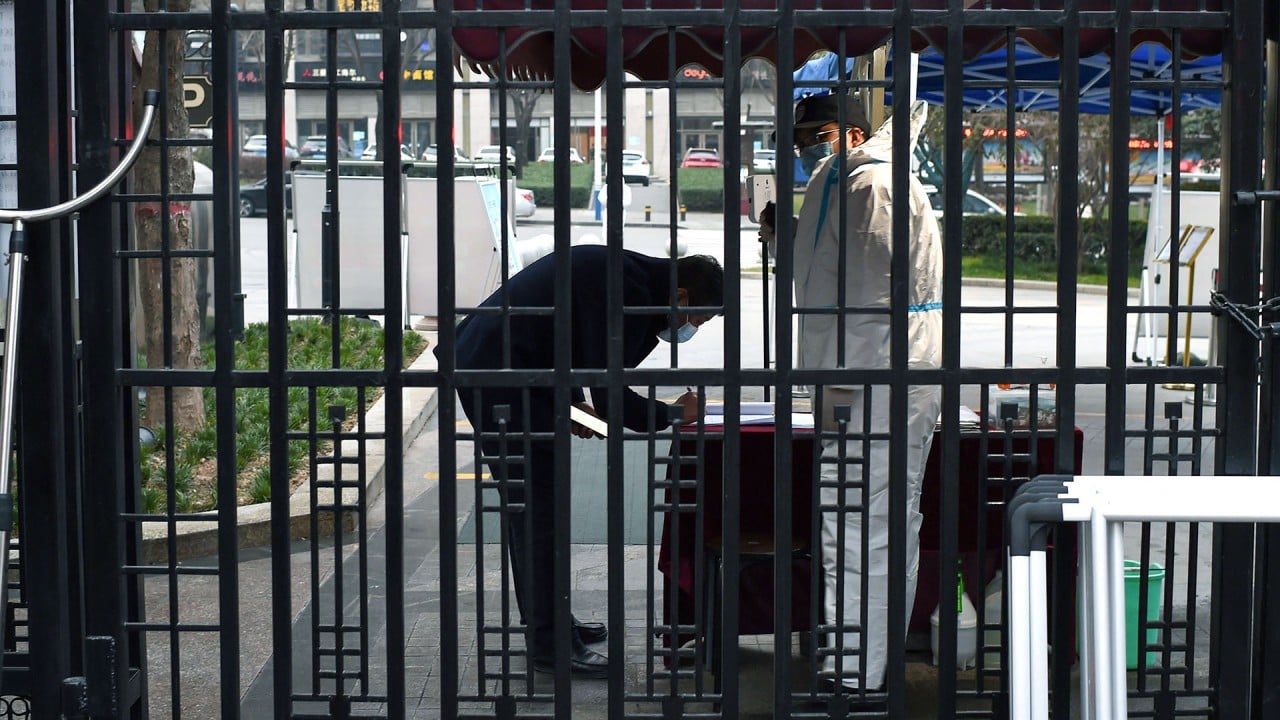Advertisement
Letters | How Omicron variant could be blessing in disguise for Hong Kong
- Readers discuss the spread of the Omicron variant, road safety in Hong Kong, a mobile app for carbon footprints, and drinking water
Reading Time:3 minutes
Why you can trust SCMP
1

I agree with your correspondent (“Omicron has lower risk of hospitalisation”, December 24) that the Post is not keeping readers properly informed of the international situation. Another correspondent (“City must learn from previous Covid-19 waves”) seems unaware that the Omicron variant does not have the same profile as the original Covid-19 and the Delta variant.
Scientific data shows that the Omicron variant of Covid-19 is highly transmissible and not a respecter of vaccines. However, this data also suggests it is less pathogenic with reduced hospitalisation and generally gives symptoms similar to the common cold. Scientists expect that large portions of the population will have contact with Omicron in the coming months. Omicron might become a blessing in disguise, and its silver lining could be as a source of community-wide immunity.
China’s and Hong Kong’s zero-Covid policy, which on its face seems to have been successful in keeping the virus at bay, could backfire in dealing with Omicron. While not precluding vaccination, the secretary for health should make it known to the public that there are other ways they can stay healthy and Covid-free during the pandemic.
Is Hong Kong is becoming so Sinocentric that any recommendation or information that doesn’t emanate from China is discounted by our health officials? What has happened to Hong Kong as an international centre and “Asia’s world city”?
Roger Emmerton, Wan Chai
Transport Department failing city on road safety
Advertisement
